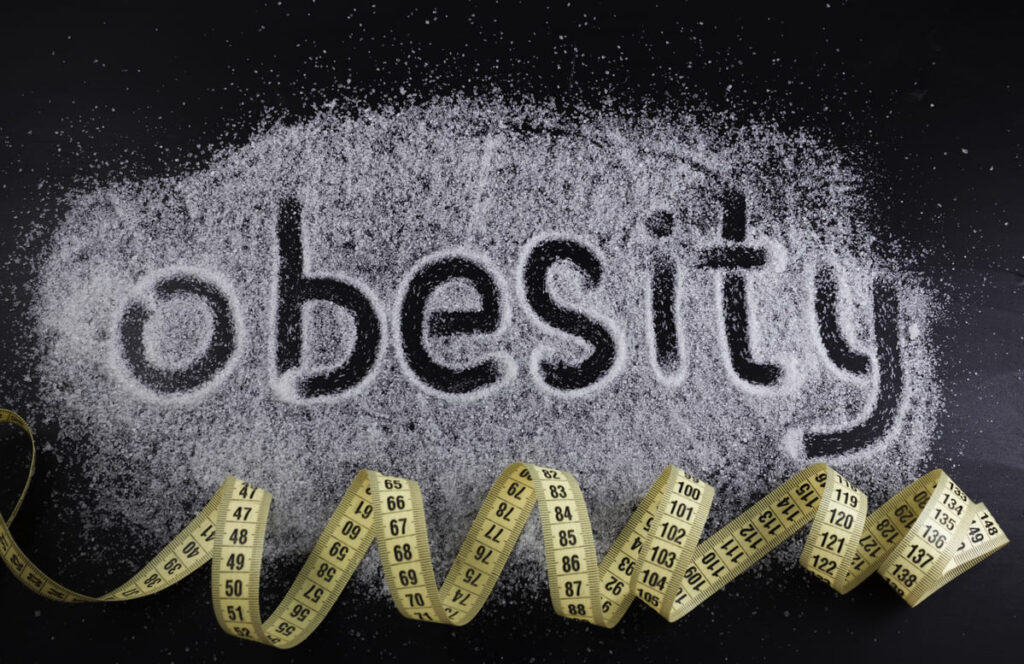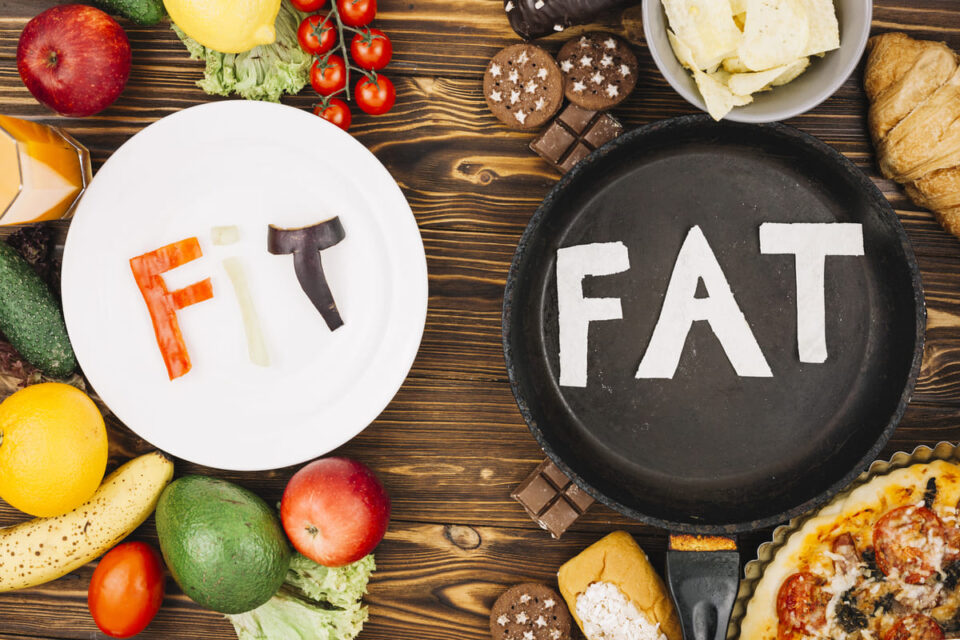In 1990, the average Indian consumed about 2,200 calories per day. Today, urban Indians consume an average of 3,000 calories daily—an increase in just three decades. Meanwhile, our physical activity has plummeted by 60%, according to a landmark study by the Indian Council of Medical Research. We’re eating more and moving less than ever in human history.
Yesterday, I met Sharma ji (name changed), a 42-year-old IT professional who perfectly embodies the transformation I’ve witnessed in urban India. When he first visited me ten years ago, he weighed 68 kg. Today, he tips the scales at 92 kg. His story is a narrative I see repeated daily in my consultation room.
The convenient explanation would be simply blaming it on overeating and lack of exercise. But as a physician who has treated thousands of patients struggling with weight issues, I’ve learned that the reality is far more complex. The obesity epidemic in our cities is a perfect storm of biological, social, and environmental factors that have converged in modern India.
I want to share what I have observed in my practice. Many of my patients are young professionals in our booming tech sector. They work long hours, often in night shifts that affect their circadian rhythms. Research published in the Indian Journal of Endocrinology and Metabolism shows that disrupted sleep patterns can increase ghrelin (the hunger hormone) and decrease leptin (the satiety hormone), leading to increased appetite and weight gain.

I remember a particularly enlightening conversation with a patient – a young software engineer who would order food delivery at 2 AM during his night shift. “Doctor,” he told me, “I know it’s unhealthy, but what choice do I have? The office canteen is closed; this is the only time I get to eat.” His story reflects a larger truth – modern work demands have wholly upended our traditional eating patterns.
Then there’s the matter of our changing food environment. My clinic is surrounded by at least ten food delivery apps-enabled restaurants, three pizza chains, and countless street food vendors. The abundance of easily accessible, calorie-dense food would have been unimaginable in our parents’ generation. A recent study in the International Journal of Environmental Research and Public Health found that urban Indians now consume 32% more processed foods than just a decade ago.
But here’s what fascinates me as a doctor – while all my patients are exposed to these environmental factors, not everyone becomes obese. This is where genetics and epigenetics enter the picture. Research from the Indian Genome Variation Consortium suggests that certain genetic variants common in South Asian populations may predispose us to weight gain, especially when combined with our modern lifestyle.

The psychological aspect of obesity is equally crucial. I have treated many patients who use food as a coping mechanism for stress, loneliness, or boredom. One of my patients, a brilliant young woman working in artificial intelligence, admitted to stress-eating her way through project deadlines. Her weight gain was not about lack of nutritional knowledge but emotional eating.
What’s particularly concerning is the impact on our children. In my practice, I am seeing obesity in younger and younger patients. Just last week, I treated a 12-year-old who weighed 75 kg. His parents, both working professionals, relied heavily on packaged foods and takeout meals. This generation is growing up with screens instead of playgrounds and smartphones instead of sports.
Though these are essential components, the solution is more complex than prescribing a diet plan or recommending exercise. In my experience, successful weight management requires addressing the root causes specific to each patient. For some, this might mean working with their employer to create healthier work schedules. For others, it could involve family counselling to create a supportive home environment.
Recent research from AIIMS suggests that a combination of behavioural therapy, dietary modification, and physical activity is most effective for long-term weight management in Indian populations. The key is to understand your triggers for overeating and address them systematically.
As I write this from my clinic, watching the evening traffic crawl by on the street below, I can’t help but think about how our rapid urbanization has transformed not just our skyline but our bodies as well. The obesity epidemic is a complex challenge that requires a nuanced, multifaceted approach.
The good news is that awareness is growing. I see more patients proactively seeking help before their weight becomes a serious health issue. There’s a growing recognition that obesity is not simply about willpower or discipline – it’s about understanding and addressing the complex interplay of factors that drive our eating behaviours.

Every evening in my clinic, I watch the same drama unfold. The patient steps on the scale, jumps as if stung by a scorpion, and gasps at the numbers. “How did I become like this, Doctor?” they ask, shock rippling through their voice. But what fascinates me is that shock evaporates like morning dew as they walk past the Kolkata Chat House just twenty meters from my clinic. Yesterday’s promises dissolve in the aroma of sizzling samosas.
This is the truth I have learned in twenty-five years of practice: life demands discipline not in grand declarations but in quiet moments between desire and action.
The battle against obesity is not fought in gleaming gyms or on unforgiving scales. It’s won in that exquisite pause between craving and surrender. In the three seconds before you reach for that second helping.
When the elevator beckons, choose the stairs. In the quiet revolution of saying “no” when your habits scream “yes.” These microscopic moments of mindfulness – they are not just choices. They are your medicine. Your renaissance. One conscious breath, deliberate step, and mindful bite. That’s how you change your story. That’s how you reclaim your life. That’s how you win.

